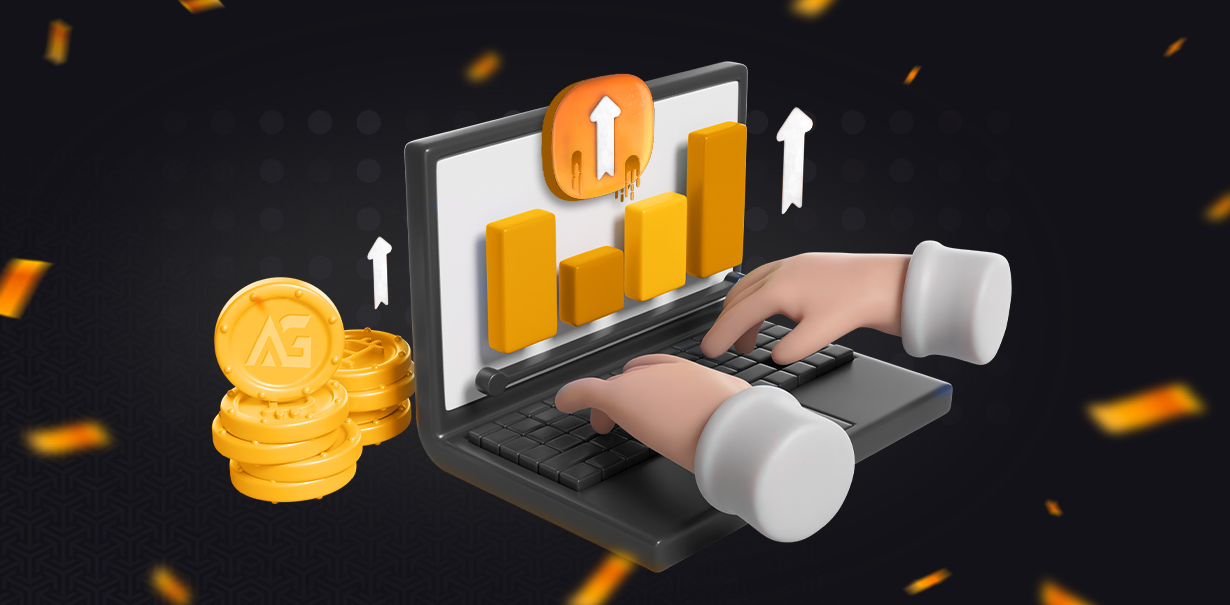AI in Affiliate Marketing: Split Reactions but Big Implications for iGaming Affiliates

What the study found
The story is pretty clear: affiliate marketing is at a crossroads when it comes to AI. Some see it as a golden ticket; others view it warily. Here are the standout points:
- Around 67% of the affiliate marketers surveyed say they’re already implementing AI tools in some form. Agencies lead (76%), brands lag (60%), publishers sit in the middle.
- Most use cases today: reporting & analytics, content creation, partner recruitment. Less common — yet rising — is the fear of “zero-click commerce” (AI/agent based transactions bypassing affiliate tracking).
- A big red flag: The report warns that AI-powered search and commerce (like OpenAI/Stripe collaborations) could sideline traditional affiliate models. If AI bots become the “search channel”, the affiliate link might lose its juice.
- But, good news: Affiliates who build trust and operate within relationships — not just rely on automation —s till hold the strategic advantage. The human element isn’t dead.
Why this matters especially for iGaming affiliates
You might be thinking: “Ok, this is interesting marketing news — but how does it touch my iGaming activity?” Very directly. Here’s how:
Tracking and attribution are under new pressure. With AI tools that can complete tasks, answer queries and even purchase/subscribe on behalf of users, the traditional affiliate model (click → offer → deposit) could be disrupted. As the report says, “zero-click commerce” might diminish your visibility.
Automation doesn’t replace niche relevance. In iGaming, especially in regulated markets, you don’t just want traffic — you want relevant, compliant, loyal traffic. AI might spit out suggestions, automate creatives, audit performance — but your job remains to bring the human insight, local language, market nuance.
Compliance & transparency become more visible. If AI algorithms choose to reference or recommend “brands” to users, operators/markets that showcase licence info, responsible gaming tools, transparent terms will score higher. When you partner, being aligned with those brands means you’re safer in the long run.
Content strategy shifts. With AI, you might confront a world where traditional “top10 casino offers” articles are less valuable. Instead, you’ll win with thought-leadership, genuine insights, localised storytelling — content that AI bots can recommend, not just summarise.
Early adopters win; others risk being left behind. Affiliates who experiment now with AI in operational workflows (analytics, optimisation, creative generation) while maintaining the human touch will be ahead. Those who ignore it may find their conversion rates slipping or their models becoming obsolete.
What you can do right now
Since I know you like actionable takeaways, here’s how you can start adjusting today:
- Review your tracking model: make sure you are not just reliant on “link-click” attribution; explore server-to-server, voucher codes or multi-touch attribution tools.
- Invest (even small) time in AI-enabled reporting: use tools to find patterns in your traffic, player segments, creative effectiveness. But still vet manually.
- Refine your content: focus on high-quality, region-specific articles that answer user intent — “best slots for German mobile players”, “legal online sportsbooks Mexico 2026”, etc. These are the pieces that agents/AI might reference.
- Align with operators who care about transparency, licensing, player safety — because those will be the brands that AI platforms will favour (and regulators too).
- Stay agile: the affiliate model is shifting. Plan for scenarios where ad budgets change, tracking methods evolve, and user behaviours get influenced by new AI-search/commerce flows.
Final thought
The APMA report tells us this: AI isn’t just coming — it’s already here. For iGaming affiliates, it means that being good at generating clicks isn’t enough anymore. You need to be good at precision, compliance, localisation, trust.
The brands and affiliates who can merge smart automation with human insight will dominate in the next wave.
So yes — get your AI tools running, but keep your human edge strong.



